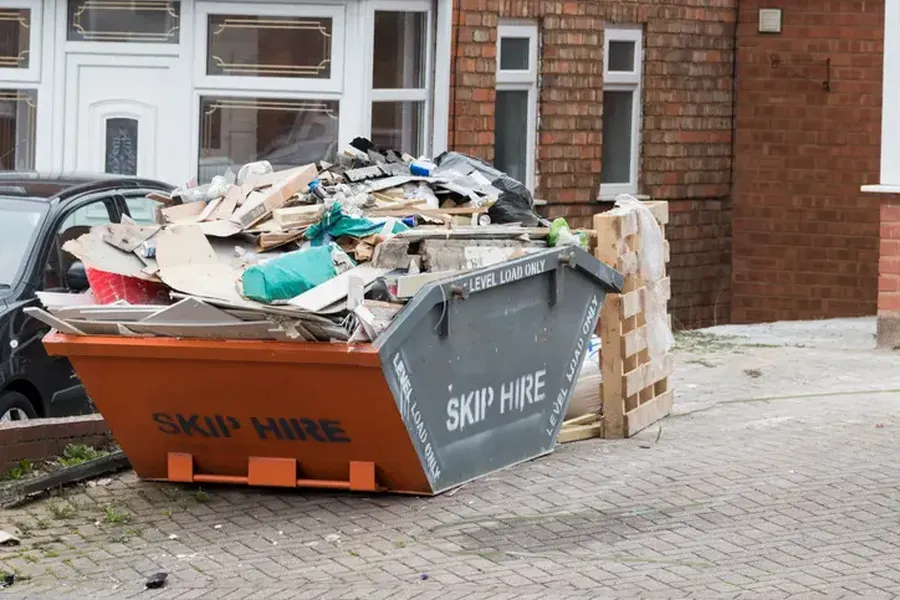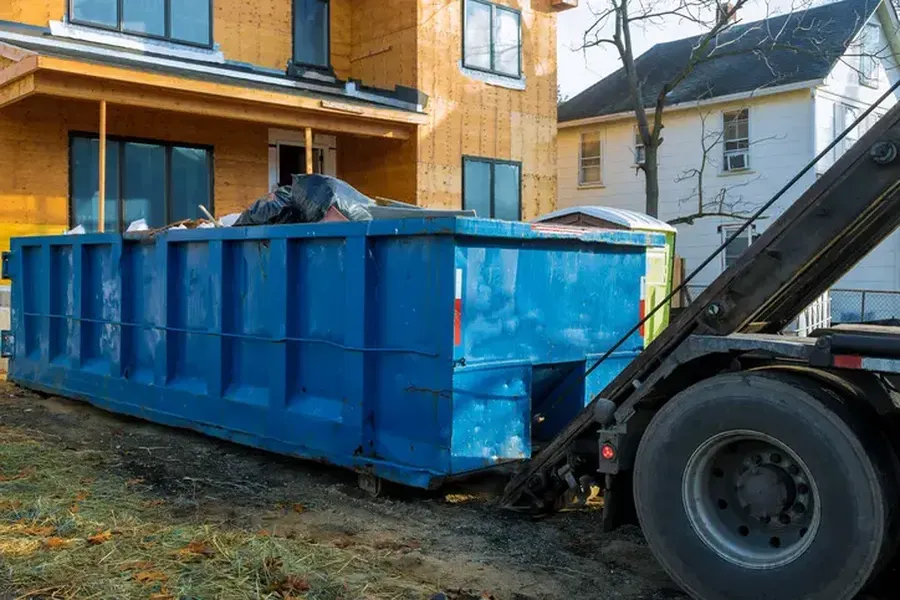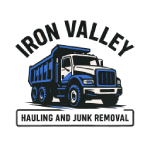Learn Smart Strategies to Manage Waste From Building Projects
Managing debris during construction projects is crucial. It ensures a clean and safe work environment. Proper disposal helps in following regulations and reduces environmental impact. If not managed well, debris can cause delays and safety hazards. This article will guide you through efficient methods to handle construction waste effectively.

Benefits of Effective Waste Management
Handling construction debris efficiently offers numerous advantages. It boosts productivity as workers have more space to carry out tasks without obstacles. Moreover, it minimizes the risk of accidents on-site. By disposing of waste responsibly, you adhere to environmental standards and contribute to sustainability efforts.
Challenges Involved in Managing Construction Debris
Construction debris removal poses several challenges. One significant issue is the variety of materials that need sorting before disposal. You might encounter hazardous waste, which requires special handling. Additionally, managing large volumes of waste demands proper planning and resources. Without an effective plan, costs can spiral out of control, impacting your project’s budget.

Creating an Efficient Debris Removal Plan
To tackle construction debris removal smoothly, start by assessing the types of waste your project will generate. Make a detailed list, categorizing each type for appropriate disposal. Next, establish a timeline for the collection and removal process. Collaborate with a reputable waste management company to ensure adherence to local regulations. An organized plan saves time and prevents unnecessary expenses.
Best Practices for Construction Waste Disposal
Following industry best practices ensures efficient debris management. First, prioritize recycling materials like metal, wood, and concrete whenever possible. Set up designated bins for different types of waste on-site to simplify sorting. Encourage workers to use these bins correctly through clear signage and training sessions. Consistent monitoring and enforcement help maintain a clean site.
- Recycle metals, wood, and concrete
- Use separate bins for different wastes
- Train staff on proper waste segregation
- Monitor site cleanliness regularly
Understanding Industry Standards and Regulations
The construction industry follows strict regulations for debris disposal. These rules are designed to protect the environment and public health. Familiarize yourself with local laws regarding waste management. Complying with these standards is essential to avoid fines or legal issues. Partnering with certified waste haulers ensures your debris is disposed of legally.
Cost Considerations for Waste Management
The cost of managing construction debris depends on various factors. The volume and type of waste play a significant role in determining expenses. Recycling can reduce costs since some materials fetch a return value. However, non-recyclable materials might incur additional fees for special handling. Budget wisely by considering these aspects alongside labor and equipment costs.
Your Reliable Partner for Construction Debris Solutions
I provide efficient solutions tailored to your construction debris needs in Glendora, CA. Reach out to Iron Valley & Hauling Junk Removal LLC at (626) 380-3449 for expert advice and services that meet all regulatory requirements while supporting sustainable practices.
